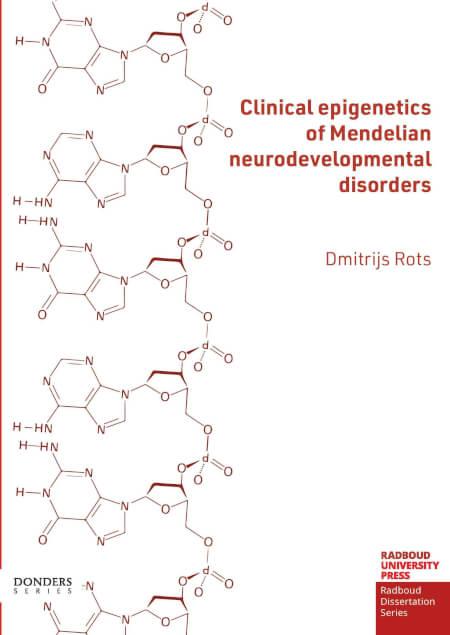Clinical epigenetics of Mendelian neurodevelopmental disorders
Keywords:
DNA methylation signatures, Neurodevelopmental disorders, Intellectual disability, Episignatures, MDEMSynopsis
Neurodevelopmental disorders (NDDs) constitute a broad spectrum of rare conditions arising from various genetic and environmental factors. A subset of NDDs are caused by pathogenic variants in a single gene or locus and are termed Mendelian NDDs. These disorders present with diverse symptoms and exhibit significant clinical heterogeneity. In recent years, advancements in genetic technologies and transitioning from phenotype-first to genotype-first approaches have driven a surge in novel gene and Mendelian NDD discoveries, identifying the epigenetic machinery encoding genes as one of the major gene groups associated with Mendelian NDDs. This highlighted that the epigenetic gene regulation is essential for the normal neurodevelopment and can result in Mendelian NDD, when disrupted by a pathogenic genetic variant. Despite technological advancements, interpreting genetic data remains challenging, so a large proportion of the variants are being classified as variants of uncertain significance (VUS).
Because of the rarity of these conditions and diagnostic challenges, the true clinical and molecular spectrum of the most Mendelian NDDs largely remain unknown, despite increasing application of the next-generation sequencing. As result, this complicates 1) genetic variant interpretation, as well as 2) diagnosed patient care, requiring further research to characterize these conditions.
Therefore, this thesis is aimed to comprehensively characterize the clinical, molecular, and DNA methylation spectrum and features of several Mendelian NDDs, focusing on the disorders of the epigenetic machinery.

Published
Series
Categories
License

This work is licensed under a Creative Commons Attribution-NonCommercial-NoDerivatives 4.0 International License.

